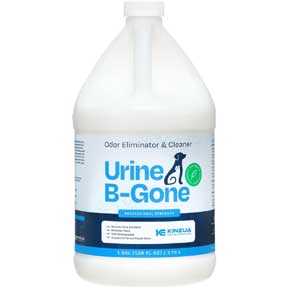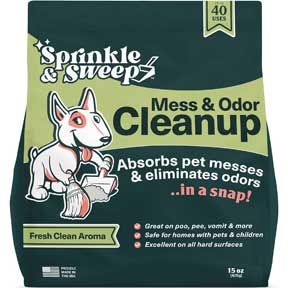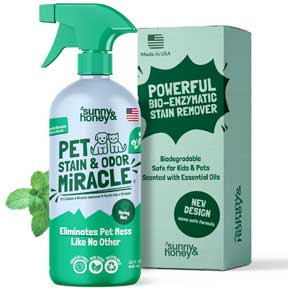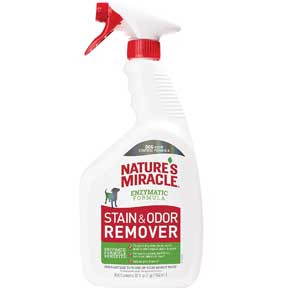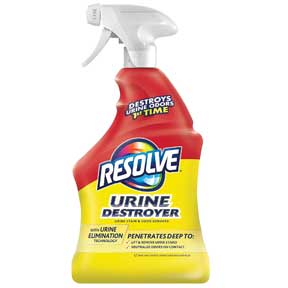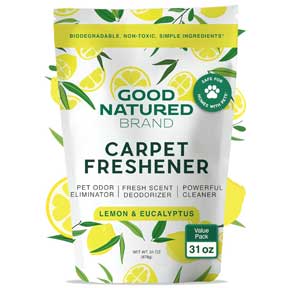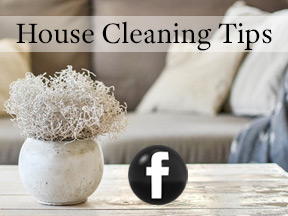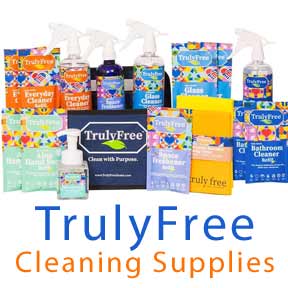Pet Urine Removal
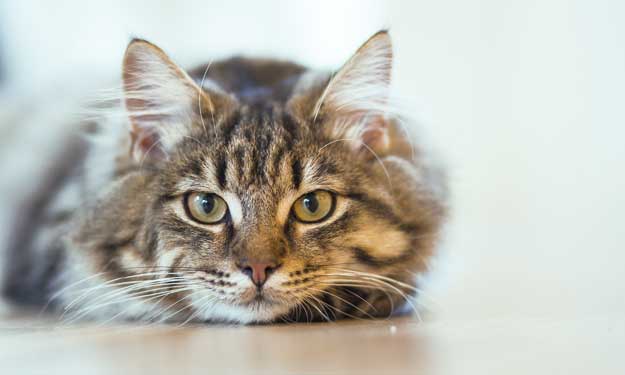
Removing Pet Odors Using White Vinegar.
Removing Pet Urine Odor
We all love our pets – they’re part of the family. But accidents happen, whether your pet is being house-trained, feeling unwell, or simply misses the mark. Dealing with pet urine removaland odors can be tricky, but it’s definitely manageable. Here’s how to clean and deodorize different surfaces to keep your home fresh.
Avoid Ammonia-Based Cleaners
Never use ammonia to clean urine stains. The smell of ammonia mimics urine and may encourage your pet to return to the same spot to urinate again.
Pet Urine Removal from Carpeting
1. Act Quickly
- Blot up as much urine as possible using paper towels or a clean rag. Replace them as needed until the area is as dry as possible.
2. Use a Vinegar Solution
- Mix a 50/50 solution of warm water and white vinegar.
- Pour it over the urine stain, ensuring the solution reaches deep into the carpet fibers.
- Blot the area again with clean towels, applying pressure (standing on the towels can help).
3. Deodorize with Baking Soda
Once the area is completely dry, sprinkle baking soda liberally over the spot.
- Gently work it into the fibers with your fingers or a soft brush.
- Let it sit for several hours or overnight, then vacuum thoroughly.
Tip for Dried Stains
Rehydrate the stain with the vinegar solution before following the steps above.
Cleaning Pet Urine from Hardwood Floors
Modern pre-finished hardwood floors resist liquids better than older porous wood floors, but quick action is still key:
1. Blot the Area:
- Absorb the urine immediately to prevent it from seeping between planks.
2. Use a Vinegar Mixture
- Combine 1 capful of vinegar with 2 ½ cups of water in a spray bottle.
- Lightly spray the area and buff it dry with a soft cloth.
- Ensure the floor is completely dry to prevent damage.
Cleaning Pet Urine from Marble Floors
Marble is delicate and can be permanently etched by acidic substances like urine or vinegar. Here’s what to do:
1. Act Fast
- Use plain water or a pH-neutral cleaner designed for marble.
- Avoid vinegar, as it can damage the marble.
2. Clean the Area
- Mix a drop or two of dish soap in warm water.
- Use a sponge to clean the affected area, then rinse with plain water to remove any soapy residue.
3. Check for Damage
- If etching or staining occurs, you may need to consult a professional to restore the surface.
Keeping the Litter Box Fresh
Cats are sensitive to odors, and a dirty litter box can prompt them to urinate elsewhere.
- Clean Daily: Scoop waste from the litter box daily, and clean it thoroughly at least once a week.
- Use Specialized Litter: Many cat litters are designed to control odors, so choose one that works for your needs.
- For Multiple Cats: Clean the box morning and evening to keep up with demand.
If Your Cat is Urinating Around the House
If your cat is avoiding the litter box despite regular cleaning, they might be unwell. Ensure you’ve cleaned any previous accidents thoroughly to eliminate odors, then consider taking your cat to the vet to rule out medical issues.
Love Your Pet – Accidents Happen
Regardless of the surface or situation, the key is to act quickly and thoroughly clean pet urine removal. Accidents are part of life with pets. Stay patient, take a deep breath, and continue loving your furry friend!
Pet Stain and Odors
